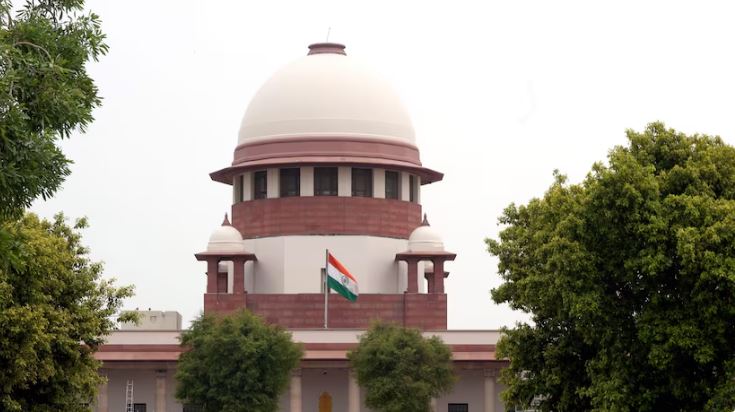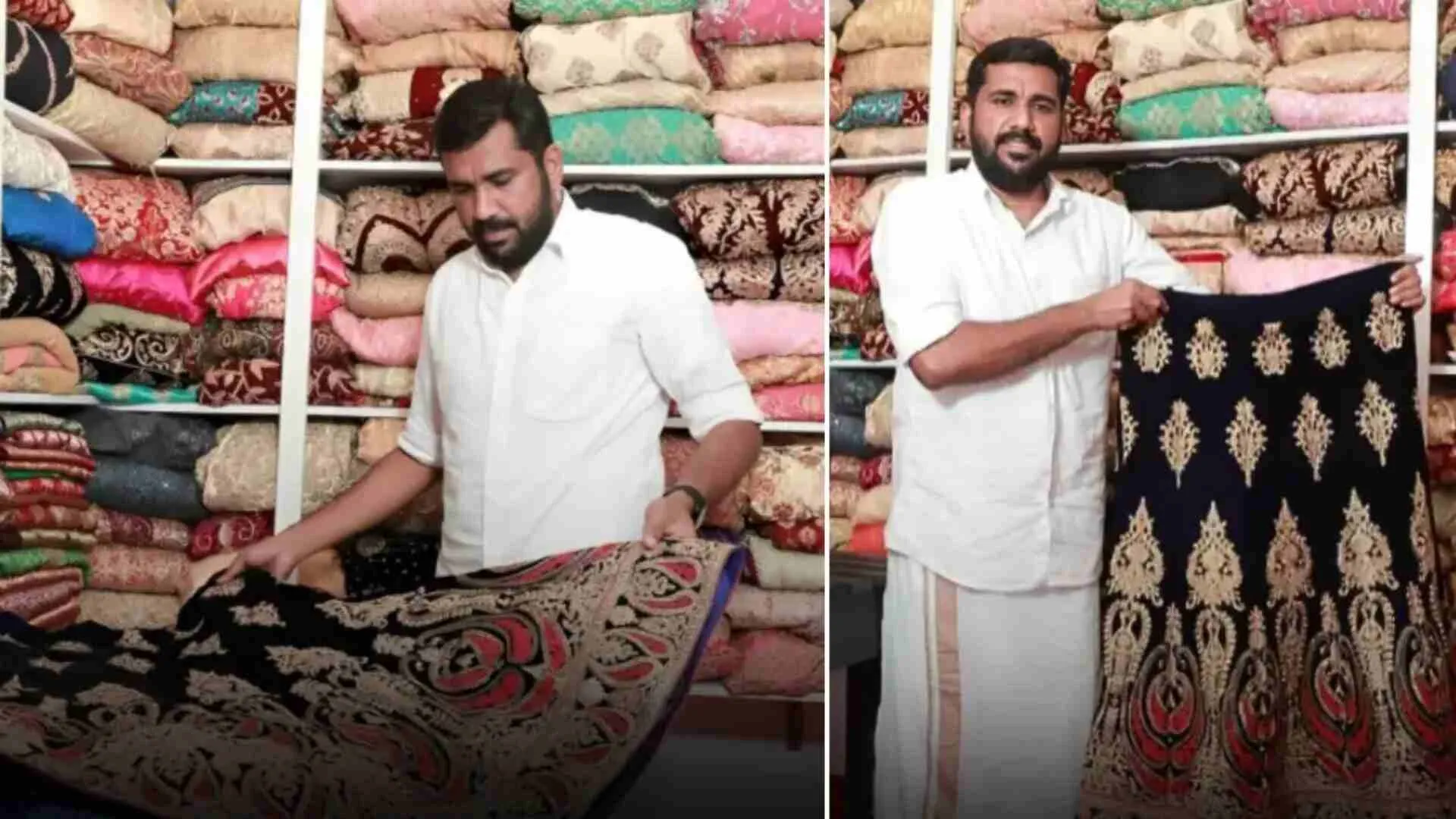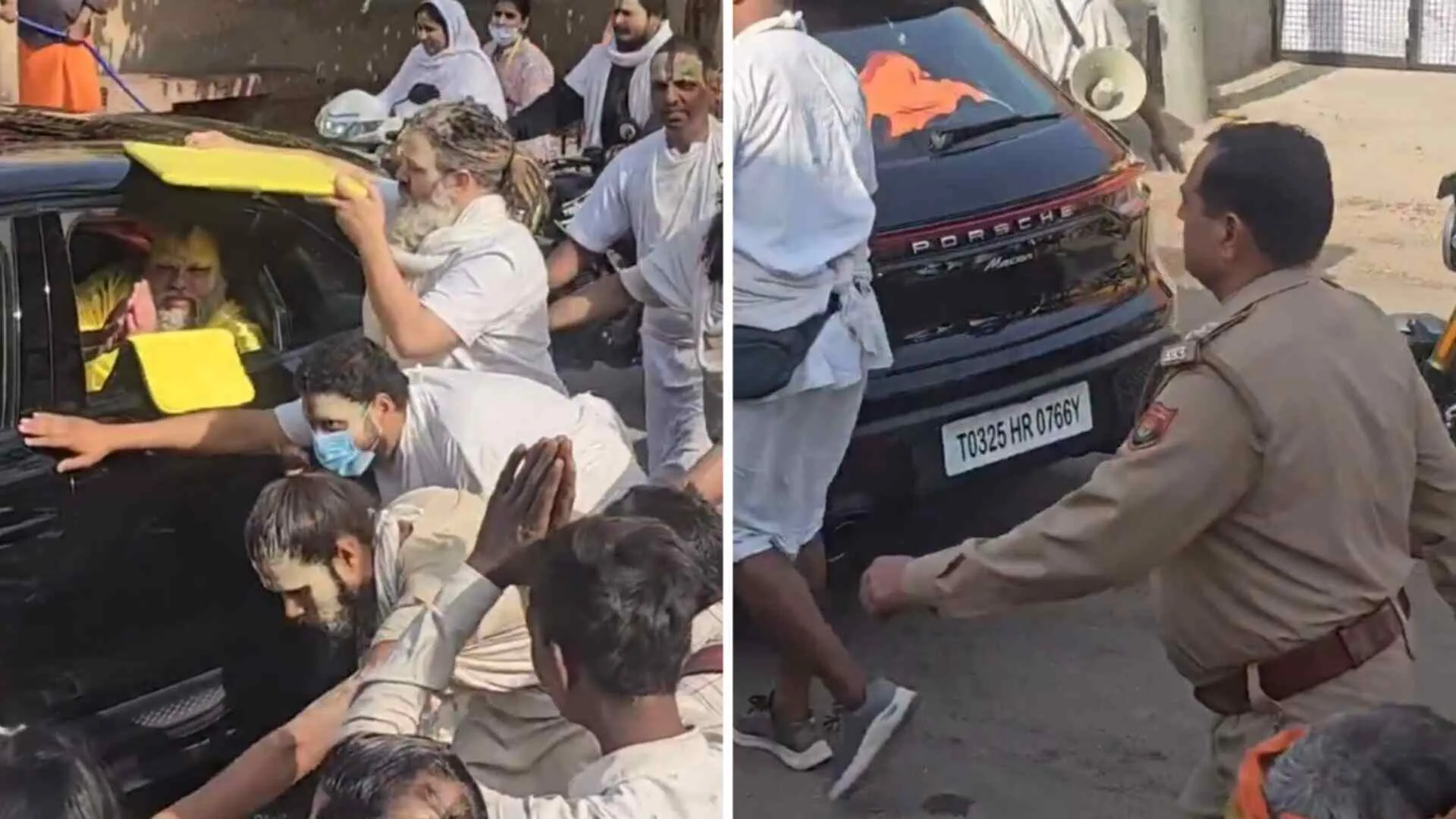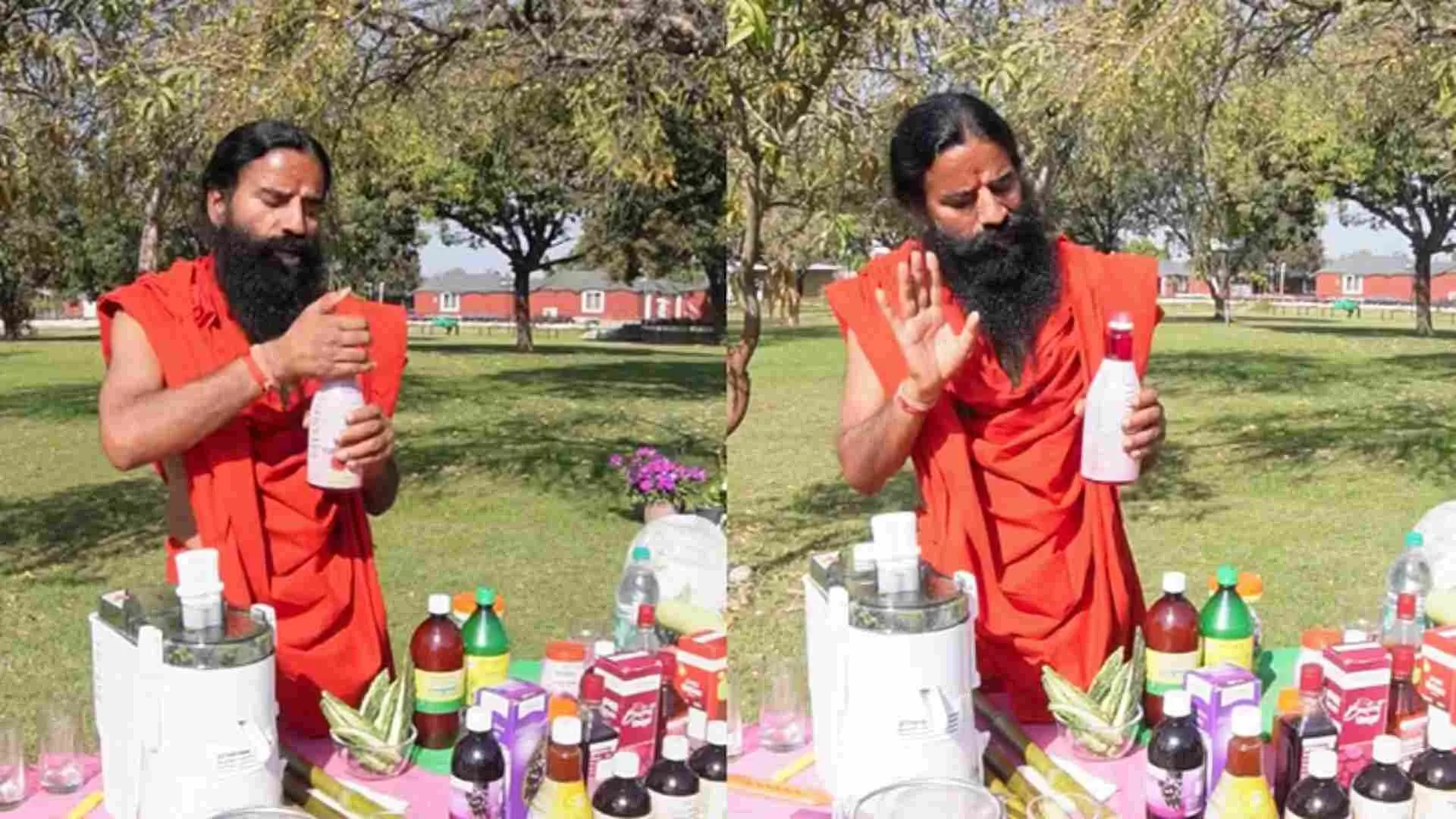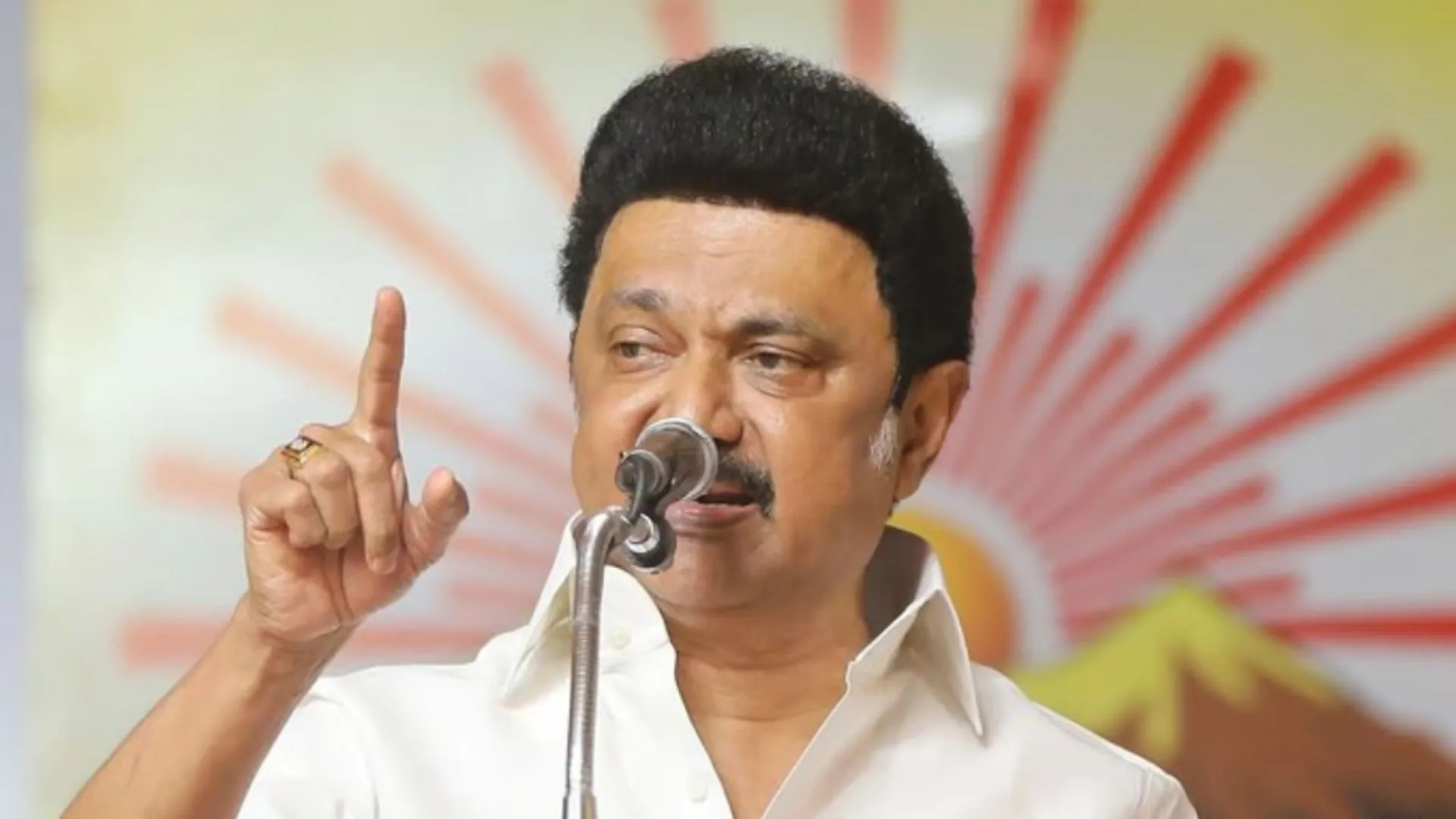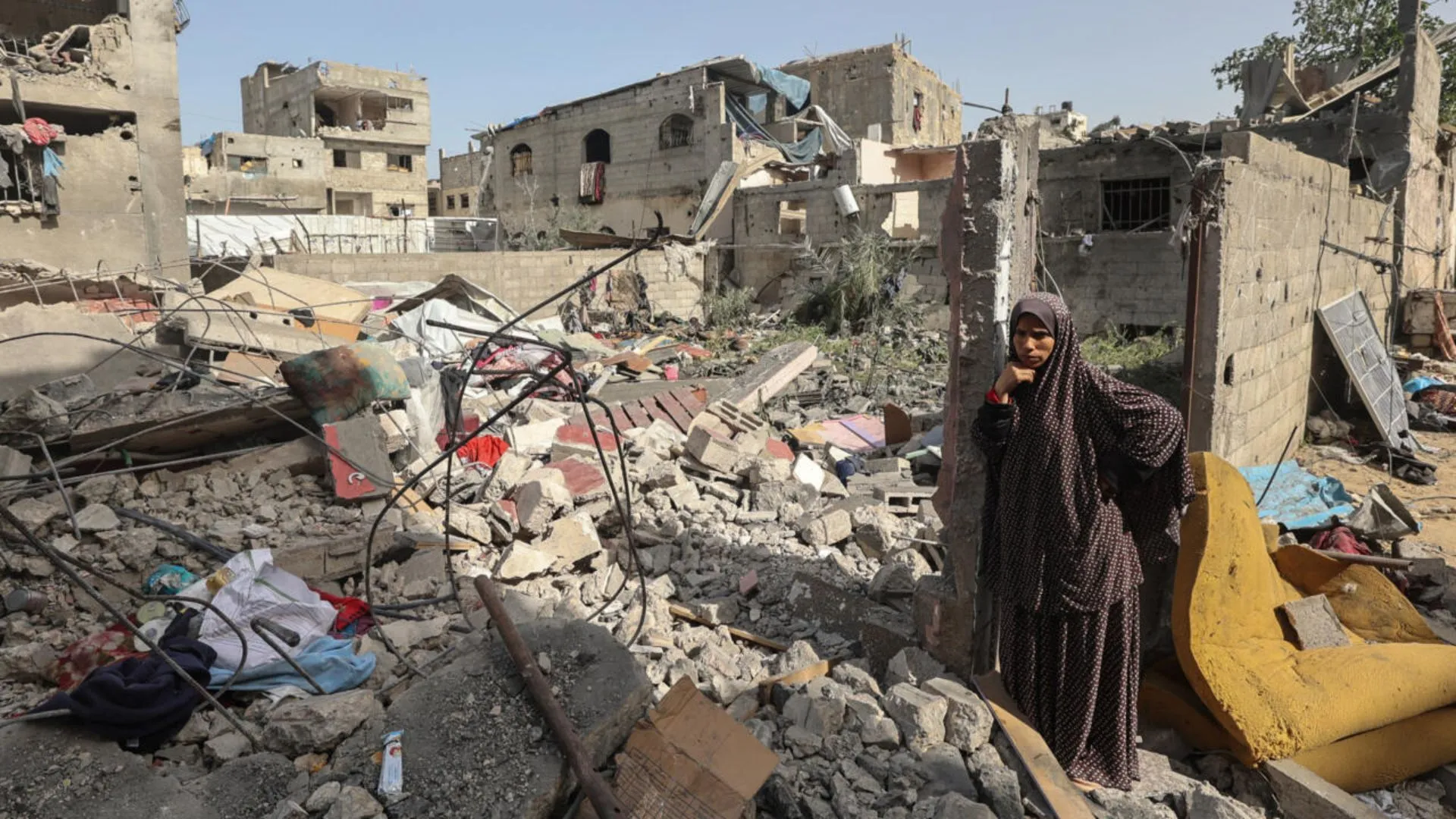The Supreme Court has recently sought a response from the Central Government regarding a petition calling for the release of Rohingya asylum seekers and refugees who are currently in indefinite detention in India. In its order dated August 12, the court stated, “Issue notice returnable on August 27, 2024.”
The bench, led by Chief Justice DY Chandrachud and including Justices JB Pardiwala and Manoj Misra, directed the Centre and other relevant parties to submit their replies to the petition. The Public Interest Litigation (PIL) challenges the ongoing detention of Rohingya refugees, including women and children, arguing that it breaches legal procedures.
The petition was filed by Rita Manchanda, a scholar specializing in South Asian conflicts and peacebuilding, who was represented by advocates Ujjaini Chatterji, T. Mayura Priyan, Racheeta Chawla, and Shrey Ravi Dambhare. Manchanda’s plea urges the Supreme Court to release Rohingya detainees who have been held for over two years under the Foreigners Act, 1946, and the Passports Act (Entry into India), 1920, subject to reasonable conditions.
Manchanda, along with co-author Manahil Kidwai, compiled a report titled “Destinies Under Detention: A Case for the Right to Dignity & Humane Treatment of Rohingya Refugees in India.” This report documents the conditions of Rohingyas held in various detention centers, juvenile homes, and welfare centers across India, asserting that these detainees were never served with notices or given the opportunity to present their cases as refugees.
The report also highlights the poor living conditions in detention centers, noting that many detainees lack access to clean drinking water, nutritious food, and adequate medical care. It points out that young Rohingya women, survivors of sexual violence and human trafficking, remain in detention without mental health support and with limited access to medical treatment. The petition records two deaths, including that of a minor, in detention centers, signaling a critical situation. Additionally, it emphasizes that Rohingya children are being deprived of education and vocational training, leaving them with little hope for the future.
The petition further contends that detainees are not compensated for their labor in detention centers, which violates their rights to health and human dignity. It describes prolonged detention as cruel, inhuman, and degrading treatment, amounting to torture.
Manchanda’s petition seeks to provide evidence of procedural lapses and the inhumane conditions faced by Rohingyas in indefinite detention, especially given the complexities of dealing with a persecuted community, trafficked women, and children. She emphasizes the need for durable solutions to protect the Rohingyas.
The petition also requests that the Supreme Court direct the Centre to provide detailed information on all Rohingyas detained under the Passport Act, 1920, and the Foreigners Act, 1946, including their names, gender, age, and detention orders. It also seeks information on the last communication with the Myanmar Embassy regarding deportation, personal data assessments, and final orders rejecting refugee status per the Standard Operating Procedure (SOP) dated March 20, 2019.
Furthermore, the petition urges the court to order the issuance of identity documents to stateless detainees as per the Passport Rules, 1980, and to assess the claims of refugee status within three months. It calls for granting long-term visas to Rohingyas or arranging third-country resettlement within the prescribed timeframe, in accordance with the SOP of 2019, in the interest of justice.

